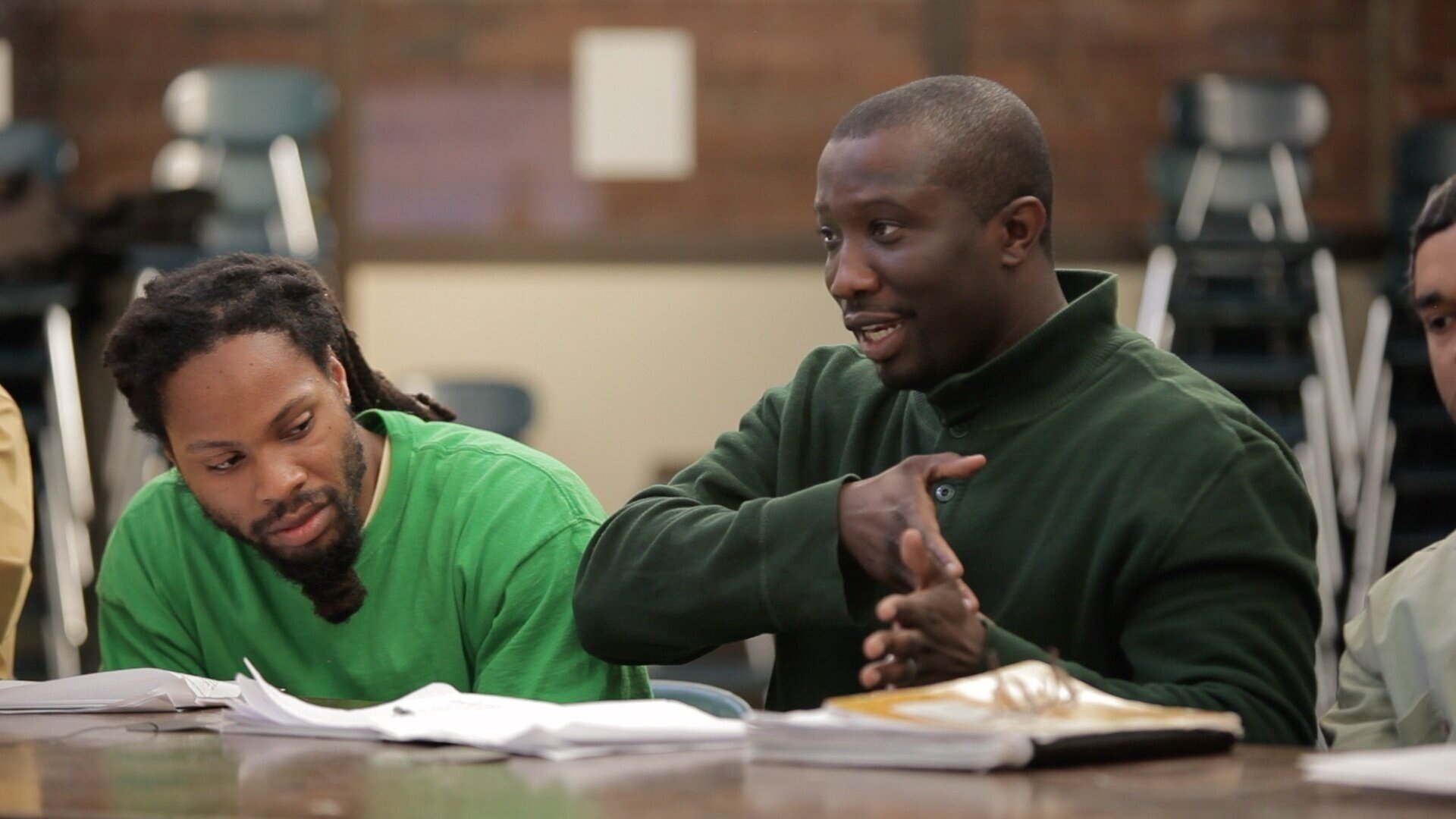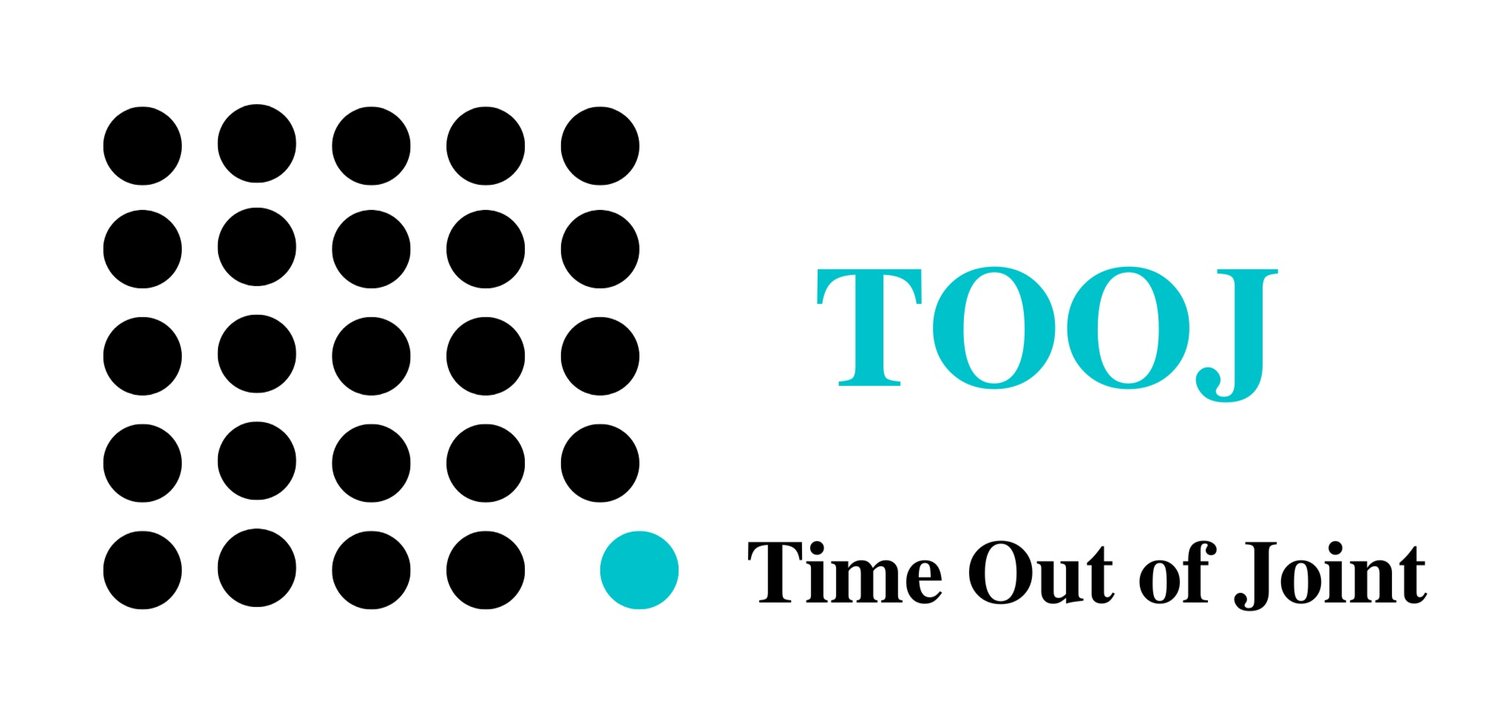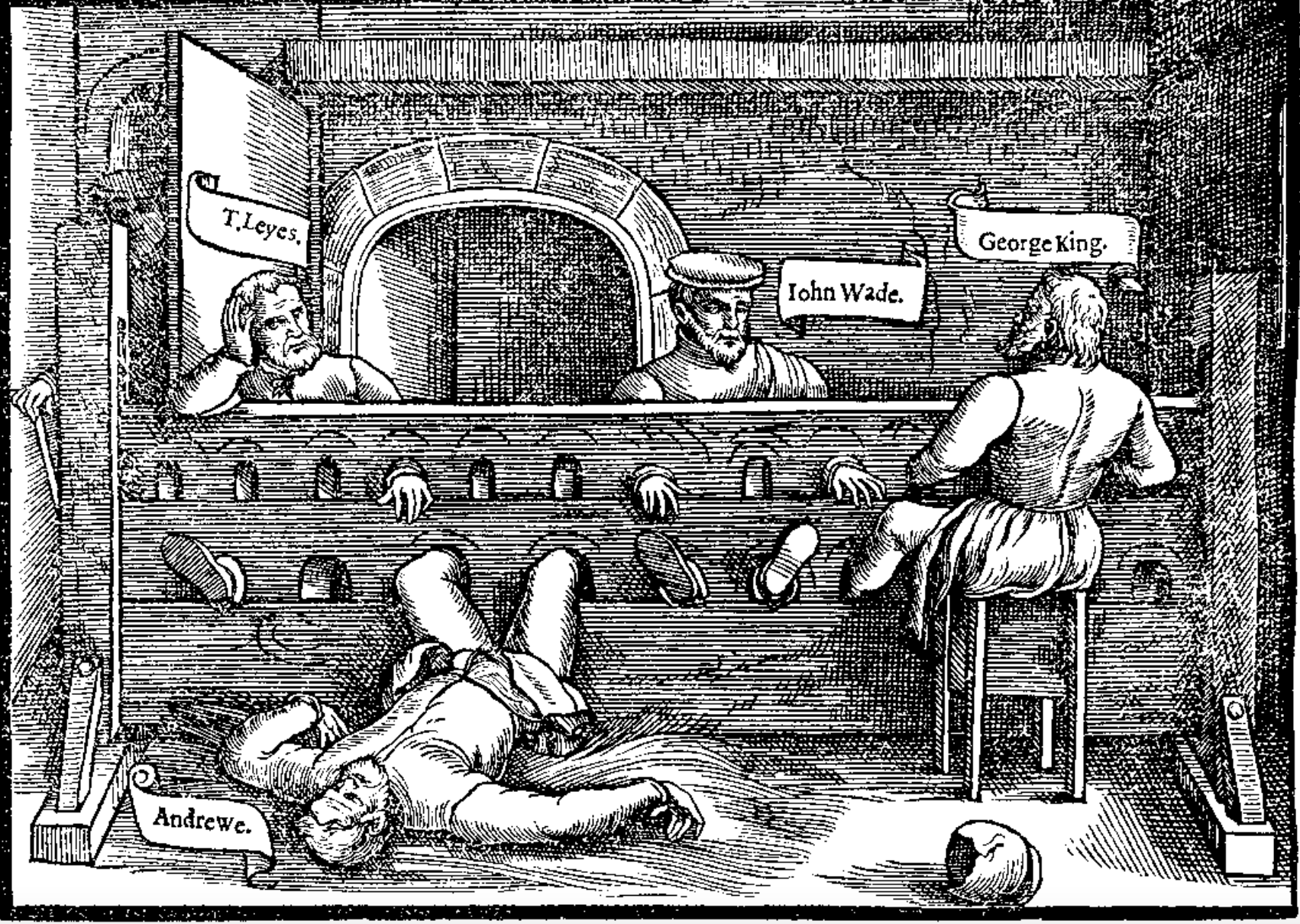
What could your students
learn from educated formerly incarcerated people who love Shakespeare?
TOOJ presents powerful online workshops using Shakespeare’s plays paired with original “Prison Monologues” as platforms to consider the power of education, issues of inequity, power, family, forgiveness, redemption, honor and more.
Working together, we can broaden horizons and encourage critical thinking and better citizenship.
“This is a timely and remarkable project”
Professor James Shapiro,
Shakespeare scholar, Columbia University
“Auction”
example of an original TOOJ “Personal Monologue”.
This is written and performed by team member Shamah ShaRize,
and produced/directed by Steve Rowland.
The Prison Monologues are original pieces shared with our students are meant to foster discussions about writing, education, racism, mass incarceration, and more
What is this?
Former prisoners as teachers? You bet!
Want to help us employ educated former prisoners?
TOOJ - Transforming Lives through Shakespeare, Education and Love.
Time Out of Joint is an innovative, BiPoc-led educational project that provides exciting workshops led by educated former prisoners and artist-activists aided by Ph.D. scholars.
Our goal is to help students engage with Shakespeare as they re-imagine their sense of community and as they embrace people of many backgrounds. TOOJ is committed to embracing all people and fostering cross-cultural conversations. We address racism and inequity through dialogue, listening, and critical thinking.
TOOJ workshops are free to any high school or college classroom in the United States.
Our project employs formerly incarcerated people as educators. Many of these educators earned BA or MA degrees in prison. In addition, they bring years of experience from all levels of society. Each of our teachers is a person who has experienced the trauma of the streets, impacts of deviant behavior, and being in prison — and has emerged from these experiences as kind, compassionate, and extraordinary citizens. These men (and soon, women) are well-read, articulate, and loving. They are educated and have read many works by Shakespeare.
We believe that the United States misses great opportunities to make use of the life experiences/educations of the formerly incarcerated. Employing former prisoners in leadership roles benefits students through unique opportunities for dialogue, and the former prisoners themselves, their families, and their communities. The benefits to the men are partly financial (because they are paid for teaching), but importantly, work to build self-esteem, fight stereotypes, and provide a sense of purpose. This is powerful and moving work.
Origins of the project
The project centers around ways incarcerated people interpret Shakespeare and connect his observations about humanity to their own lives, making the ideas come alive now to inspire all students. Our work is based on a method we call “Shakespeare & Me” in which students find ways to connect their own lives to choices made by Shakespeare’s characters. We have been teaching this method with undergraduates and in prisons for over 10 years to great success, and we are completing a documentary film about prisoners studying and discussing Shakespeare’s plays in this meaningful way.
Globe Theater, London. Shakespeare belongs to us all.
“I learned so much in the Zoom workshop today! Typically, every time I have a great discussion I always feel that it was by far the best one yet - but no…..
this discussion was THE BEST one I have ever had in my 17 years of living!
Everett, WA, Public High School Student
Who We Are
The TOOJ team of educators is proudly multi-cultural and includes accomplished educators and former prisoners who earned degrees and became educators while in prison.
TOOJ honors all people and all cultures and stands up against racism and inequity of all kinds.
Steve Rowland and Amiti Bey
Amiti Bey spent 40 years in New York State prisons as a political prisoner. While in prison he earned his BA and then his MA and studied pastoral counseling and sociology. He has been committed to social justice conversations for all of his life.
Steve Rowland spent 40 years as a broadcaster, educator, and documentary producer. He has been teaching William Shakespeare in prisons for over 10 years. A winner of 2 Peabody Awards, he too, has been committed to social justice conversations for all his life. He is the Executive Director of CultureWorks, the parent organization of TOOJ.
-
our team
Steve Rowland, Executive Director - Peabody Award-winning documentarian and educator
Shamah ShaRize, Artistic Director, writer, performer. Formerly incarcerated.
Kimberly Seabrook, author & educator. Justice impacted.
David Hopper, filmmaker, author & educator. Formerly incarcerated.
Anthony Lafontant, business owner & writer. Formerly incarcerated.
Craig Williams, Social Justice Advocate. Formerly Incarcerated.
Tariq Elder Beaudouin, writer, essayist, & former incarcarated.
Josie Whittlesey, actor & founder, Drama Club NYC - acting for youth at risk
Ruth Hunter, English teacher, Cascade High School, Everett, WA
Anthony Tidd, bass virtuoso, composer, & essayist
Deena Hurwitz, Esq., Professor of International Human Rights Law, activist
Charles Hardy, PhD, Professor of American history, West Chester University
Caroline Elizabeth Young, PhD., Professor of English, University of Georgia.
-
the process
The process is simple. And the results are powerful.
After a teacher signs up, we discuss the best way to work with the students - how many classroom meetings, how to tailor the workshops to the students’ interests and levels. We prefer several meetings - and have found that a string of 5 workshops for high school students - “a one-week residency’ has powerful results - but we are flexible and work with each teacher to find the best solution.
First, the students watch our film “Time Out of Joint: Prison Reflections on Shakespeare”, in which the audience is given the opportunity to observe a prison classroom. The film is here, free, on our website. In the film workshop, we discuss William Shakespeare and draw connections between the characters’ actions and their own lives.
After the class has watched the film, we set up one or more Zoom workshops. In the workshops, students get the chance to discuss things under the leadership of at least one of the former prisoners seen in the film -and others from our educational team.
The topics include William Shakespeare (of course), and human issues including loyalty, betrayal, power, manhood, misogyny, war, crime, family, and (of course) love. Conversations also often turn to issues of prison education, systemic racism, mass incarceration, and prison reform.
Specific topics are often determined by teachers ahead of the workshops.
And teachers can decide how many meetings they would like to host.
(And there is no charge to schools for our grant-funded workshops.)
-
follow-up
Students are asked to write short reflection papers after the workshops. We love to read these and they help us improve future gatherings.
The workshops are conducted on Zoom. Topics include William Shakespeare, Honor, Power, Race, Gender, Family, “Manhood”, Power, War, Crime, Love, Loyalty, Betrayal, Prison reform, Prison education, and more.
Our aim is to inspire critical thinking dialogues, sparked by the works of William Shakespeare. The workshops are co-led by formerly incarcerated people who have studied theater, writing, acting, dance (yes, dance), and Shakespeare.
Our funders (so far):
The Wyncote Foundation
The Seattle Office of Arts & Culture
The Berger Family Foundation
The Philips Family Foundation
The Lee Family Foundation
Ruth and Hal Gainer
The Library of Congress, Teaching with Primary Sources
The Library of Congress’ Lewis Houghton Initiative
The American Folklife Center at the Library of Congress
Humanities New York
The National Endowment for the Arts
City of Seattle Office of Arts & Culture
Testimonials
“I like how you said that it humanizes the situation because as humans we're storytellers and of course that relates to the theater, but I'm curious as, like to hear more about like from a prisoner’s perspective.”
— College Student
“The students having access to first-hand, lived experience was profound. For the men to take the time to speak in general, and individually to students, to listen to them, and to respond to their questions gave the students a different frame in which to see themselves. Their words and ideas were taken seriously, and their compassionate responses were valued. It is difficult to find words to explain just how impactful this was on students. It really made them feel important and valued as thinkers and participants.”
— Ruth Hunter, Public High School Teacher
“I liked was how open and wise Bey was, because to be honest I probably learned more from Bey than any of my middle school teachers combined.”
— High School Student











